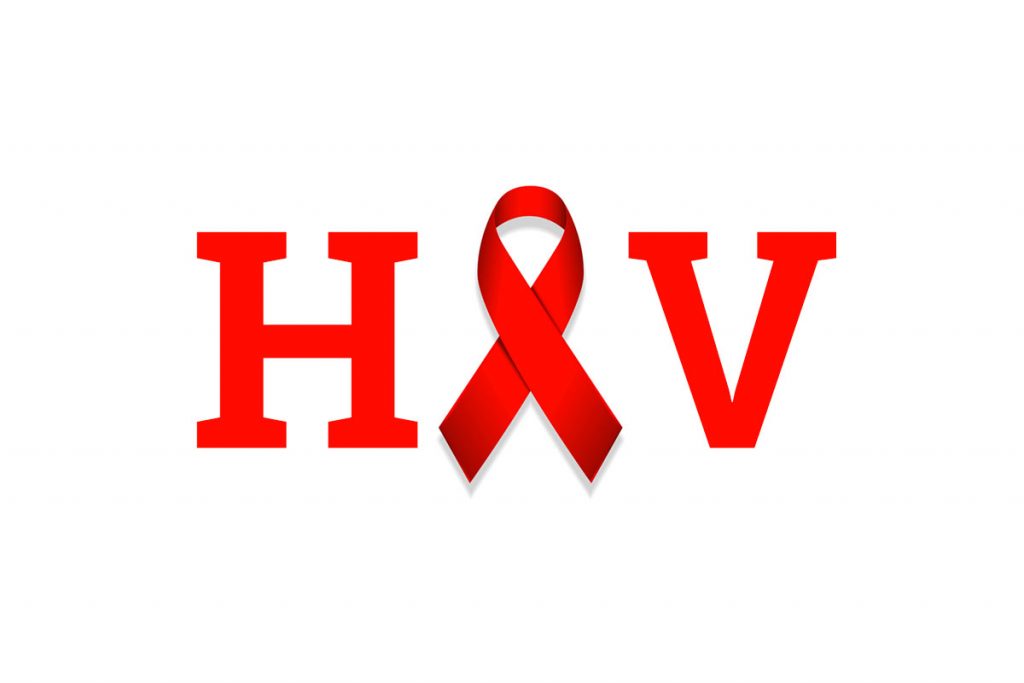
South African domestic worker Mabuyi Dlamini always dreaded the bumpy, day-long minibus journey she had to make each month to pick up her HIV medication from the nearest clinic in KwaZulu-Natal province.
So when a mobile medical service carrying nurses, counsellors and supplies of antiretroviral drugs began visiting her district two years ago, she was relieved. During COVID-19 lockdowns that made travel impossible, it became a lifeline.
“It has saved me time, money and my health,” said Dlamini, 46, as she waited in line with farm workers next to the blue minivan on a dirt road bordered by thick, green sugarcane crops.
HIV professionals battling to maintain services during the coronavirus pandemic have been adopting similarly innovative methods – from mailing out prescriptions to scaling up self-testing and video consultations.
Their creative approach appears to have helped buck forecasts for a plunge in global HIV treatment rates, though international organisations say the coronavirus has still dealt a blow to the global fight against HIV.
But even before COVID-19, a target set by the Joint United Nations Programme on HIV/AIDS (UNAIDS) for 73% of HIV-positive people to be on antiretroviral drugs and have a fully suppressed virus was missed.
And there were an estimated 1.5 million new infections and 680,000 AIDS-related deaths in 2020, far higher than the UNAIDS goal to limit both to 500,000 per year.

A nurse holds up a box of medication to a patient from HST’s mobile clinic on a farm in Pietermaritzburg, South Africa. October 7, 2021. Thomson Reuters Foundation/Duncan Ross Maccallum
“COVID has knocked us further off track,” said Peter Sands, executive director of the Global Fund, a Geneva-based multilateral organisation that invests some $4 billion per year to fight tuberculosis, malaria and AIDS.
“It’s going to be incredibly difficult to get fully back on track on HIV until we have got on top of COVID,” he added in a Sept. 22 video conference.
Last year, HIV testing fell 22% in the more than 100 low- and middle-income countries where the organisation invests. At the same time, there was an 11% drop in the number of people reached by HIV prevention programmes.
Sub-Saharan Africa continued to bear the brunt of new transmissions and deaths, according to UNAIDS.
‘RESILIENCE’
But there have been bright spots, said Carolyn Amole, senior director of HIV at the Clinton Health Access Initiative.
“Although COVID brought some disruptions to HIV services, particularly in testing and prevention, the global HIV response again demonstrated its resilience,” she said.
“We must come together now as a global community to ensure that the gains made in the past two decades are maintained, and that we reach more people with lifesaving HIV prevention and treatment.”
Even as COVID-19 strained health services and made access more difficult, the Global Fund said it recorded an 8.8% year-on-year increase last year, to 21.9 million, in the number of people receiving HIV treatment in the nations where it grants resources.
An estimated 37.7 million people are living with HIV worldwide, some 84% of whom have been diagnosed. Some 27.5 million people are receiving antiretroviral treatment that can increase the lifespan of someone with HIV to near normal.

A farmworker walks through recently ploughed sugarcane fields in Pietermaritzburg, South Africa. October 7, 2021. Thomson Reuters Foundation/Duncan Ross Maccallum
In South Africa, where approximately 19% of people aged 15 to 49 have HIV, healthcare workers said efforts to piggyback off existing innovations, such as the minibus clinic, have helped them tackle obstacles caused by COVID-19.
The nonprofit Health Systems Trust (HST) in KwaZulu-Natal utilised new and old HIV treatment innovations, including prescribing 12-month allotments of antiretrovirals and delivering them via public lockers to keep people medicated.
These innovations alongside community case management helped roll out testing and treatment – so much so that the number of people treated by the nonprofit actually increased by 3% since the onset of the COVID-19 pandemic.
“We have recovered lost patients through these innovative solutions,” said Joslyn Walker, a KwaZulu-Natal–based programme manager at HST, which piloted the mobile clinic.
‘ABSURD MISERY’
In Thailand’s capital, HIV clinics have managed to keep the vast majority of people on treatment thanks to swift innovations, said Nittiya Phanuphak, executive director of the Institute of HIV Research and Innovation in Bangkok.
“Nurses adapted themselves quite quickly in trying to design several ways to maintain (antiretroviral treatment),” Phanuphak told the Thomson Reuters Foundation, saying changes had included mailing prescriptions and providing video consultations.
Nevertheless, testing rates in Bangkok’s major sexual health clinics have fallen up to 70% during the COVID-19 pandemic, she added.

A HIV clinic run by the Barong Institute in Sao Paolo, Brazil. Credit: Jennifer Ann Thomas / Thomson Reuters Foundation
In Brazil, which has been hard-hit by COVID-19, a rise in poverty is making it harder for HIV-positive people to stay on treatment, said Adriana Bertini of the Barong Institute, a Sao Paulo-based sexual and reproductive health nonprofit.
“We’re seeing an absurd misery, to the point where a person cannot go to the doctor because he doesn’t have the money to take a bus,” she said. “Health has become a luxury, an almost unattainable thing.”
To address such hardships, the charity is working with Sao Paulo’s health department to offer an antiretroviral delivery service. So far, 200 people have received their medication through the service, with another 600 on a waiting list.
“With this system, we manage to bring them back to treatment, identify how vulnerable they are and offer any other assistance they might need,” Bertini said.

